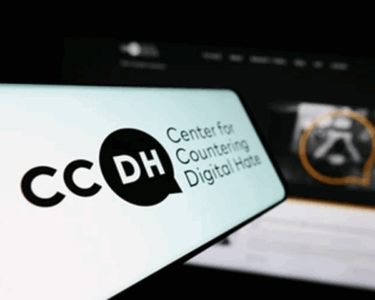The day will include the following sessions:
Session 1: Personal Stories and Holocaust pedagogy
How can we make the past accessible for young people? What strategies can we employ to help young people approach traumatic histories – like the Holocaust – in a safe but authentic way? In this session we will explore how personal stories can help to achieve these objectives.
Session 2: What happened to the Jews of Europe?
Our research indicates that many students have significant gaps in their knowledge of the what happened, to whom, during this period in history. We also know that they hold some troubling misunderstandings. This session will focus on helping you identify these issues by advancing your own subject knowledge and understanding of what happened to the Jews of Europe.
Session 3: Being Human? Choices, Behaviours and the Holocaust
Many young people have troubling ideas and conceptions about who did what and why during the Holocaust. Often, this translates into reductive and simplistic understandings of the choices that people had the behaviours they exhibited. This session will provide a way of problematising these preconceptions and developing more powerful, complex understandings.
Session 4: Exploring the Holocaust in an RE classroom
Teaching and learning about the Holocaust can – and should – look different in different subject classrooms. This is because subjects differ in their disciplinary nature; in their domains of knowledge; and in the kind of enquiries they can legitimately explore. This presents challenges and opportunities. We will explore these in this session.


